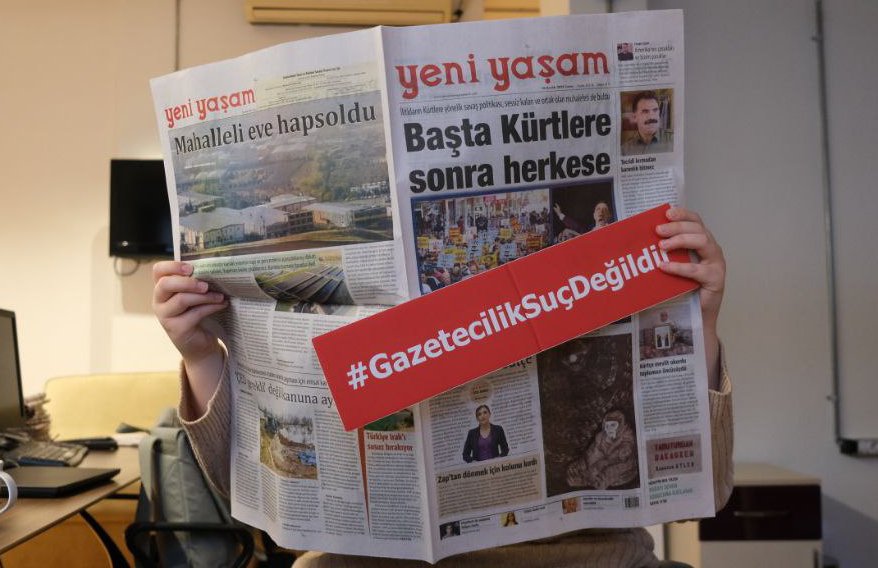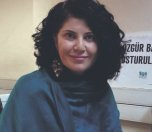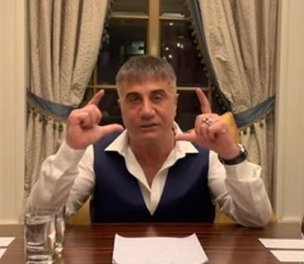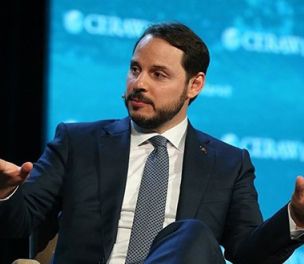Access blocks to 'Sedat Peker reports' about President Erdoğan's son-in-law's brother challanged

Click to read the article in Turkish
Yeni Yaşam daily newspaper applied to the Constitutional Court against the court decision blocking access to their reports on the claims of Sedat Peker about Serhat Albayrak, owner of the Turkuaz Media Group and brother of Berat Albayrak, former finance minister and President Recep Tayyip Erdoğan's son in law.
A convicted mob boss who has fled Türkiye, Peker was releasing videos on YouTube last year, where he made serious accusations against current and former senior government officials, including murder, rape, and seizure of property.
Yeni Yaşam went to the supreme court for censorship of reports published on October 6, 2021, titled "Disclosures from Sedat Peker," "Peker published documents of bribery," and "Albayraks also involved."
The lawyers of the newspaper argued that blocking of access to the reports constitutes "censorship" and a violation of freedom of the press and freedom of expression and also drew attention to the fact that the judgment was unclear with regard to duration.
The lawyers also noted that there was no justification given or evaluation made in the judgment of the local court rejecting their objection to the blocking of access.
They have also mentioned that the reports that are the subject of their application are important for the people to be able to use their right to get information.
The application also argued that the decision is a violation of rights according to the Constitution of Türkiye and also the European Convention on Human Rights.
"Courts cannot decide how journalism should be carried out"
The lawyers underlined that there is no "attack on personal rights" or "libel" in the presentation of the events or facts included in the reports and said, "The Constitutional Court or the first instance courts cannot decide how journalism should be carried out or the reporting technique of journalists. Because only those expressing something can decide which is the best wording and style to express it. It should be kept in mind that article 26 of the Constitution protects not only the content of news and ideas expressed but also the ways they are expressed."
"Privilege of Erdoğan"
The lawyers have also drawn attention to the "special link" between Serhat Albayrak and Recep Tayyip Erdoğan, Justice and Development Party Chairperson and the President of Türkiye and argued that the Albayraks were privileged.
They said, "(The complainant) has preferred to censor the reports instead of following reasonable and favorable paths such as proving that the claims are wrong, sending answers or corrections to the media outlets where the reports have been published and ask for correction.
It was also mentioned that the right to a fair trial was also violated since the court had ruled according to unilateral statements and requests of the complainant and made a ruling without showing any clear, reasonable, and intelligible justification. The lawyers requested that the access block to the related reports should be lifted and that compensation should be paid to the newspaper.
Article 26 of the ConstitutionFreedom of expression and dissemination of thoughtEveryone has the right to express and disseminate his/her thoughts and opinions by speech, in writing or in pictures or through other media, individually or collectively. This freedom includes the liberty of receiving or imparting information or ideas without interference by official authorities. This provision shall not preclude subjecting transmission by radio, television, cinema, or similar means to a system of licensing. The exercise of these freedoms may be restricted for the purposes of national security, public order, public safety, safeguarding the basic characteristics of the Republic and the indivisible integrity of the State with its territory and nation, preventing crime, punishing offenders, withholding information duly classified as a state secret, protecting the reputation or rights and private and family life of others, or protecting professional secrets as prescribed by law, or ensuring the proper functioning of the judiciary. Regulatory provisions concerning the use of means to disseminate information and thoughts shall not be deemed as the restriction of freedom of expression and dissemination of thoughts as long as the transmission of information and thoughts is not prevented. The formalities, conditions and procedures to be applied in exercising the freedom of expression and dissemination of thought shall be prescribed by law. |
(HA/PE/VK)





sa.jpg)



.jpg)


.jpg)
